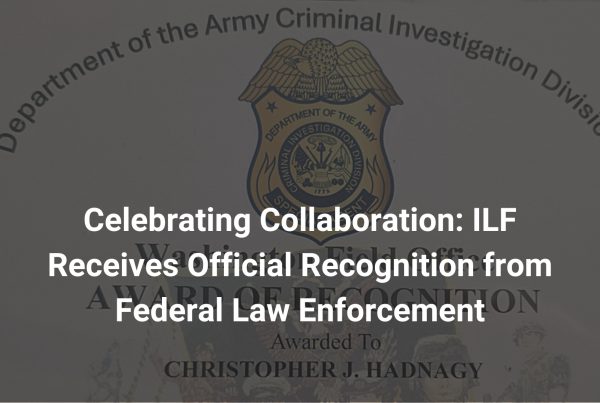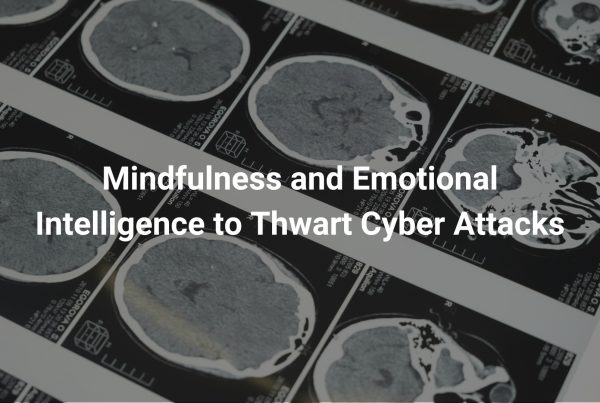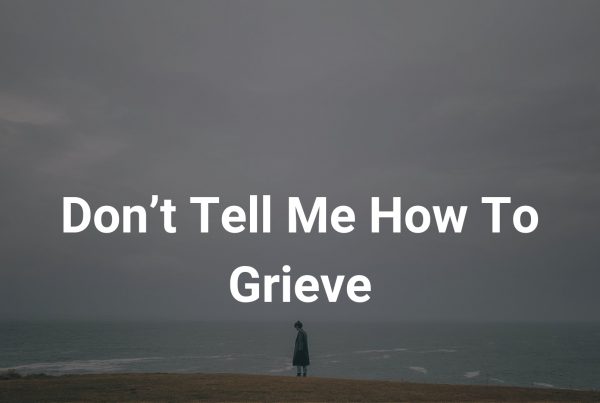WARNING
The following describes accounts of child sexual and physical abuse, which the Innocent Lives Foundation works to prevent. This blog contains content that some individuals may find disturbing or distressing in nature. Please be emotionally prepared before proceeding.
Names, locations, and other identifying information have been changed for the safety of the victims and the Innocent Lives Foundation team. Any similarity to actual names, living or dead, is purely coincidental.
Authors: Dr. Abbie Maroño
Published: February 27, 2024
“What they don’t know can’t hurt them, right?” Not exactly. We have probably all heard the saying “ignorance is bliss,”, typically this refers to how not knowing about others’ actions or global events can shield us from the associated stress and emotional turmoil. But does the same hold true when we choose to be ignorant of our own internal world? Such that, if we know that self-reflection will be painful, does choosing to remain unaware of our own emotions still equate to bliss? Does turning a blind eye to our internal landscape truly make us better off, or does it lead to unintended consequences for ourselves and others?
If you have been following the previous blogs released in this column, then you will likely have an answer ready. But, for those of you who may be new here, or need a little reminder, let’s answer this by first looking at why self-awareness is so important and then what happens if we choose to be ignorant of it.
Understanding Self-Awareness
Self-awareness is the conscious knowledge of one’s own character, feelings, motives, and desires. It’s the ability to look inward objectively and understand the ‘why’ behind our thoughts and actions. While it might seem intuitive to assume that we inherently understand the motivations behind our own behaviors, this is not always the case. Human actions are frequently driven by instinct and can occur without deliberate thought. Unless we actively practice assessing our own thoughts and behaviors, we risk acting without a true understanding of our underlying motives. In other words, we are ignorant of the reasons behind our own behavior.
Following trauma, self-awareness becomes even more crucial due to the intense emotional turmoil that proceeds. Indeed, fear, anger, sadness, shame, confusion, and the like can be overwhelming. If individuals are to exhibit any emotional control or regulation then they first need to learn to recognize these emotions and understand their origins, something that can only be done through self-reflective practices such as interoception and mindfulness.
I don’t want to look inside.
Self-reflection is not an easy process at the best of times, but following trauma, it is deeply uncomfortable, even painful. However, it is necessary for effective emotional management. In the short term, not being fully aware or choosing to ignore our emotional states and behaviors might seem like an easier path, but the easy route is rarely the one that gets us where we want to go. Hence, what I am about to say next won’t surprise you, ignoring emotions doesn’t make them disappear. Unaddressed emotions can fester and manifest in problematic and maladaptive ways later, such as through physical health issues, mental health problems like anxiety or depression, or destructive behaviors
The Cost of Ignorance
What’s more, it’s not just us who suffer when we fail to address our emotional wounds, we also risk misdirecting our feelings onto the world around us. Such that, instead of tackling the root cause of our anger, we may redirect this emotion towards those around us or inwardly, seek a tangible target for blame. This misdirection, while offering temporary relief, doesn’t resolve the underlying issue, rather it manifests as hostility or indifference towards others. Unsurprisingly, this leads to conflicts, hurt feelings, and a communication breakdown.
Consider, do you know someone who has suffered through loss or trauma, and instead of seeking help they progressively become “mad at the world”?” Such individuals, whilst we sympathize with them, can become difficult and even toxic to be around as their emotional redirection takes a toll on our own emotional well-being.
Sometimes this misdirection is even a purposeful attempt at pushing people away to further avoid dealing with emotions. It is vital that we recognize if we are doing this because our close relationships provide essential emotional support in times of emotional turmoil. By pushing people away, you are depriving yourself of this.
Increasing self-awareness, especially after trauma, is a deliberate and challenging process. We must fight the instinct to deny, deflect, and project our emotions, and choose to look inward. It can start with mindfulness practices, which involve paying attention to our thoughts and feelings without judgment. Journaling, therapy, and reflective practices like meditation can also be instrumental.
But, regardless of the route we take to recovery, we must be mindful of how our behaviors affect others along the way, even when we are suffering. Thus, to answer my original question, ignorance most certainly is not bliss.





